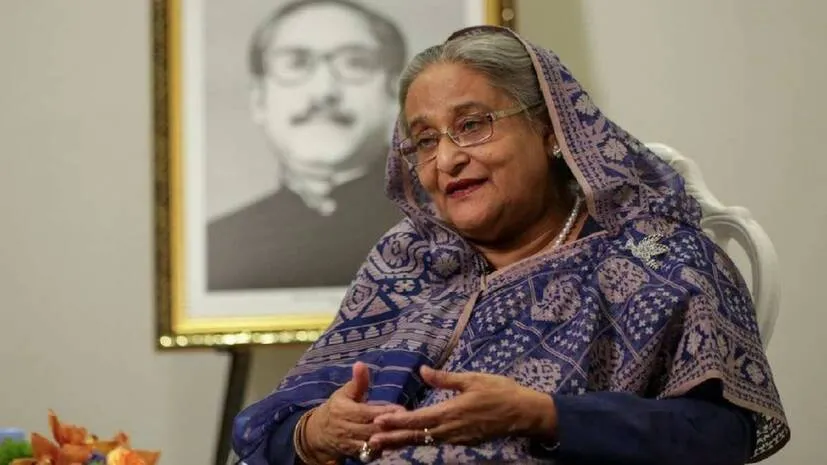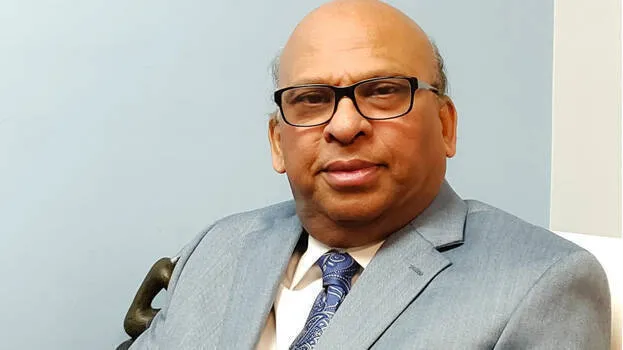

Neighbouring countries have always been a headache for India. Pakistan and China have been significant sources of this headache, leading to substantial expenditure on defense systems from the treasury. Countries like the Maldives, Sri Lanka, and Nepal are not particularly friendly with India either. However, Sheikh Hasina, the former Prime minister of Bangladesh, maintained a good relationship with India. During her rule from 2008, there was a reduction in terrorism and extremist threats emanating from Bangladesh towards India. Sheikh Mujibur Rahman's daughter, who was the founding father of Bangladesh, was well aware of India's role in Bangladesh's birth.
The government was overthrown when student protests in Bangladesh turned violent, leading Sheikh Hasina to seek asylum in India. This situation is not ideal for India.
In July 2024, a nationwide protest against the 30% reservation for the descendants of those who participated in the 1971 Bangladesh Liberation War led to violence in August. Sheikh Hasina authorized the police to crack down on student protesters, and her party’s student organization joined the fray. This resulted in over two hundred deaths and injuries to more than a thousand people. Over 11,000 were arrested. As the death toll rose, the Supreme Court intervened, reducing the reservation to just 7%. This led to renewed protests with new demands. The students demanded an apology from Sheikh Hasina, resignation of the Home and Transport Ministers, compensation for the families of the deceased, and punishment for the police officers who killed students. The protests escalated, causing the country to descend into chaos. Despite the Prime Minister's request, the army was not prepared to confront the rioters. The rioters even occupied the Prime Minister's official residence and key government buildings, prompting Sheikh Hasina to seek asylum in India. It is well known that Pakistan and China had a clear role in destabilizing Bangladesh, which was not pleasing to these adversarial states.
India had a strained relationship with Khaleda Zia’s BNP. During Khaleda's tenure, Bangladesh provided money and safe havens to militants in India's northeastern states. Pakistan's intelligence agency, Jamaat-e-Islami, used Bangladesh as a base for anti-India activities. With Sheikh Hasina’s departure, anti-India militant organizations began to strengthen in Bangladesh. Evidence of this includes attacks on Hindus and other minorities in Bangladesh. After Sheikh Hasina’s government fell, there were 205 attacks on Hindus and minorities across forty-six districts of Bangladesh. Many temples were burned and destroyed, Hindu homes were attacked, and businesses were looted. The renowned Bangladeshi singer Rahul Anand’s cultural center was attacked, and over three thousand valuable musical instruments were destroyed. Hindus, who make up 8% of Bangladesh's 17 crore population, were significantly affected. The Hindu community, which once constituted 40% of Bangladesh’s population in 1971, had to flee to various countries for their safety due to the activities of organizations like Jamaat-e-Islami during the Pakistani rule and Khaleda Zia’s time.
The interim government now in Bangladesh, led by Mohammad Yunus, has condemned the attacks on Hindu minorities, but how much security it can provide, given its association with extremist religious organizations, remains questionable. During the Bangladesh Liberation War, there was a massive influx of refugees into India due to widespread minority persecution. The same situation seems to be emerging again at the border. Reports indicate that the BSF has detained intruders at the border. The Indian government is monitoring the situation in Bangladesh very closely.
Sheikh Hasina, who had been in power since 2008, is accused of having sidelined the opposition, but her administration was credited with economic progress in the country. Hasina claims that both extremist organizations and Pakistan were involved in toppling the secular government, and she also points to America's interests in Saint Martin's Island. This situation calls for strategic policies from India. Bangladesh becoming another extremist and terrorist state, like Pakistan and Afghanistan, is a troubling prospect for India. To protect the national security, India might have to take measures beyond its borders.
* (The author is former president of the FOKANA and chairman of the NAMAM Foundation - USA.)

PIC: MADHAVAN B NAIR